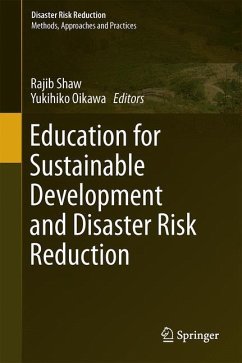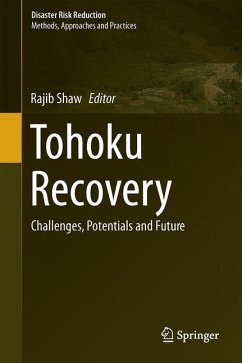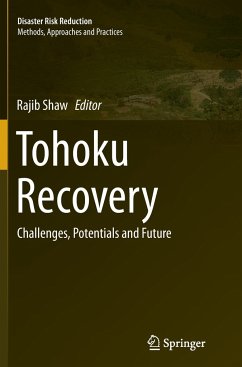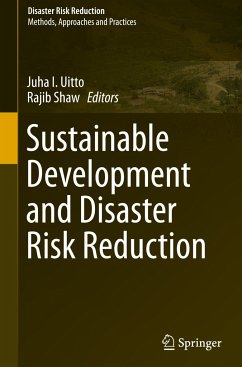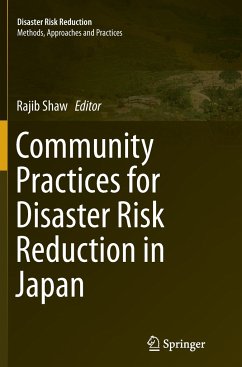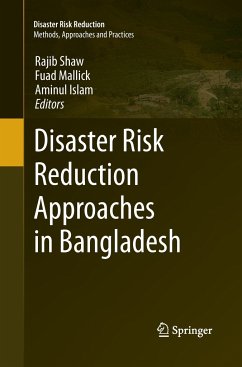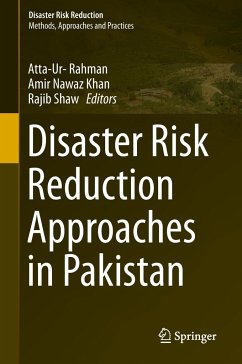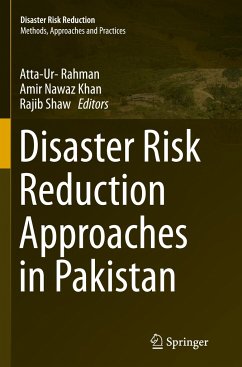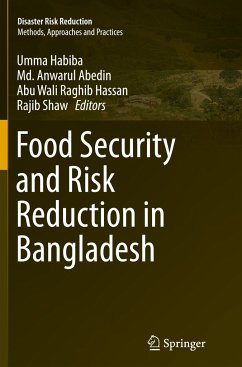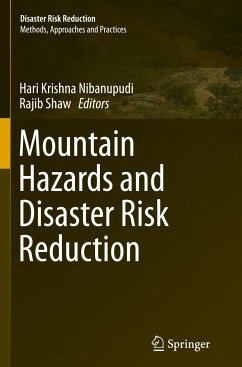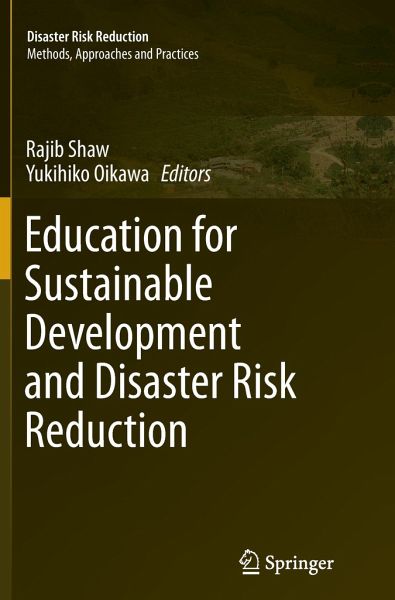
Education for Sustainable Development and Disaster Risk Reduction
Versandkostenfrei!
Versandfertig in 6-10 Tagen
76,99 €
inkl. MwSt.

PAYBACK Punkte
38 °P sammeln!
Education for Sustainable Development (ESD) and Disaster Risk Reduction Education (DRRE) have overlapping areas of concern focusing on strengthening the link to local communities. In reality, there is significant synergy in ESD and disaster risk reduction (DRR). Both concepts urge looking at the communities, both focus on behavior changes and both call for linking knowledge to action. The Decade of Education for Sustainable Development (DESD) ends in 2014 and the Hyogo Framework for Action (HFA) ends in 2015. Therefore, at this junction, it is important to review the progress made over the pas...
Education for Sustainable Development (ESD) and Disaster Risk Reduction Education (DRRE) have overlapping areas of concern focusing on strengthening the link to local communities. In reality, there is significant synergy in ESD and disaster risk reduction (DRR). Both concepts urge looking at the communities, both focus on behavior changes and both call for linking knowledge to action. The Decade of Education for Sustainable Development (DESD) ends in 2014 and the Hyogo Framework for Action (HFA) ends in 2015. Therefore, at this junction, it is important to review the progress made over the past 10 years and to suggest future synergy options. This book is the first attempt to review these two emerging fields and to provide input to the future direction of education.
The book has 11 chapters, drawing lessons mainly from Japan and discussing their implications for the world. The first four chapters provide an overview of the ESD-DRR linkage, ESD and its evolution, DRRE and Climate Change Education. These are followed by case studies from ESD practices in Japan, in schools, universities and communities.
The primary target groups for this book are students and researchers in the fields of environment, disaster risk reduction and climate change studies. The book provides them with a good idea of the current research trends in the field and furnishes basic knowledge about these vital topics. Another target group comprises practitioners and policy makers, who will be able to apply the knowledge collected here to establishing policy and making decisions.
The book has 11 chapters, drawing lessons mainly from Japan and discussing their implications for the world. The first four chapters provide an overview of the ESD-DRR linkage, ESD and its evolution, DRRE and Climate Change Education. These are followed by case studies from ESD practices in Japan, in schools, universities and communities.
The primary target groups for this book are students and researchers in the fields of environment, disaster risk reduction and climate change studies. The book provides them with a good idea of the current research trends in the field and furnishes basic knowledge about these vital topics. Another target group comprises practitioners and policy makers, who will be able to apply the knowledge collected here to establishing policy and making decisions.



